One-stage dental implantation

specialists

equipment

treatment

Advantages of one-stage implantation
- High aesthetics and physiology. The procedure ensures a harmonious combination of artificial and natural teeth, uniform load distribution
- Prevention of atrophy. Preserves the volume of the jawbone, prevents changes in the dentition
- Speed. The operation is completed in just a few hours
- Low invasiveness. Implantation involves only one intervention at the time of installation of the artificial root
- Quality. Doctors use only modern techniques and certified materials from official manufacturers
Implant options for immediate implantation
Implants are one-piece, where the rod and abutment are a single unit, which allows you to immediately install a crown. There are also collapsible options, where the abutment is installed separately.
In addition, doctors take into account the shape of the pin:
- Long and thin apical rods – suitable for dense bone tissue
- Short and wide coronal rods – used for low bone density
Dental implant manufacturers are constantly improving their products, offering different sizes and shapes. This allows doctors to select the optimal implant for each client.
Implants from such brands as Nobel Biocare with 99.8% survival rate, ROOTT with 99.6%, Xive and Ankylos with 99%, as well as Osstem and Alpha Bio with 97.1% also demonstrate excellent survival rates.
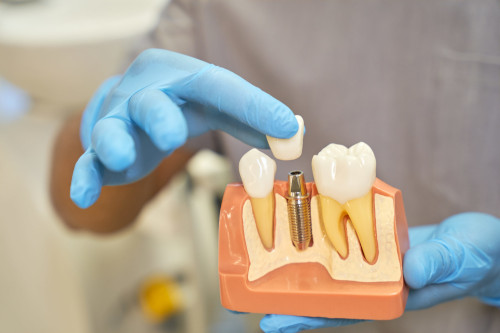
We invite you to familiarize yourself with the leading manufacturers of dental implants:
- Astra Tech (Sweden) Survival rate 99.3%, accelerated osseointegration, lifetime guarantee, price RUB 55,000, premium class
- Dentium (South Korea) Survival rate 99.2%, standard rate of osseointegration, lifetime guarantee, price 20,000 rubles, economy class
- Straumann (Switzerland) Survival rate 99.4%, accelerated osseointegration, lifetime guarantee, price RUB 35,000, premium class
Disadvantages of one-stage implantation
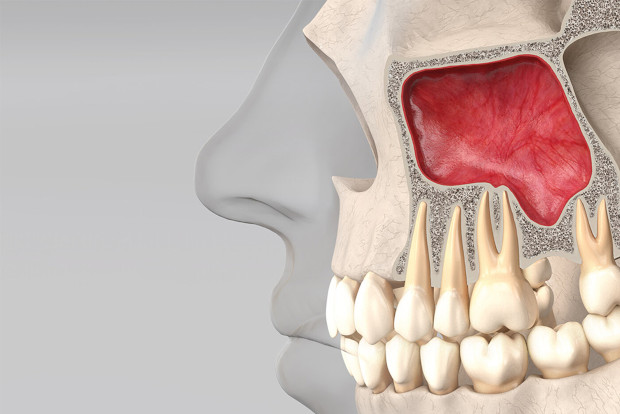
Despite the numerous advantages, there are certain limitations and disadvantages:
- Contraindications. The operation is not performed for periodontal disease, osteoporosis, bleeding disorders, kidney and cardiovascular diseases
- High risk of rejection. Occurs in case of insufficiently strong fixation of the bone root, wide socket, severe damage to soft tissue
The competence of the implant dentist plays a key role in the success of implantation. The accuracy of the operation, the stability of the implant in the bone, as well as the correct installation of the abutment and gum former, necessary for further reliable fastening of the crown, depend on his experience.
General information about the procedure
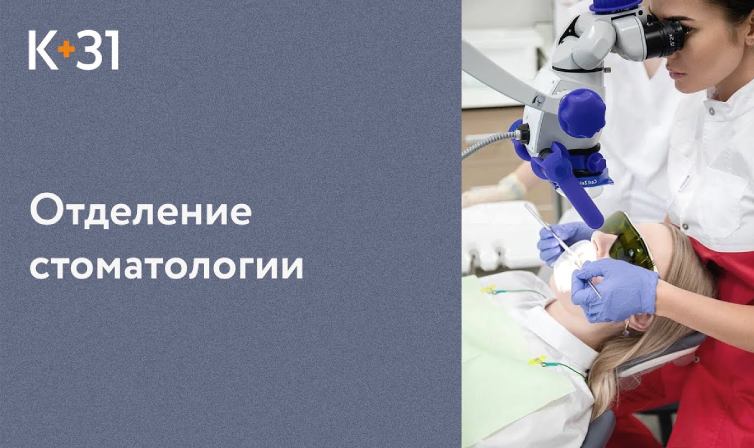
Modern methods of diagnostics and dental treatment at "K+31"
Drug therapy after dental implantation
An important aspect after immediate dental implantation is drug therapy. In most cases, doctors recommend taking broad-spectrum antibiotics belonging to the penicillin or cephalosporin groups. They are designed to combat purulent infections and have proven themselves to be effective and safe drugs.
Important! To ensure the necessary concentration of active substances in the blood, doctors recommend starting treatment two days before surgery. This is especially necessary for complex surgical interventions and the presence of chronic diseases.
The standard course is from 5 to 7 days, but in some cases the use of antibiotics is extended to two weeks. The final decision on the drug and its dosage is made by the doctor based on the clinical picture and individual tolerance by the patient.

Medication support after dental implantation:
- Probiotics and eubiotics To protect the gastrointestinal tract from the negative effects of antibiotics, drugs containing lacto- and bifidobacteria are prescribed
- Ointments for healing Designed for application to seams. Provide rapid recovery of the mucous area
- Painkillers with anti-inflammatory effect Used to relieve pain and inflammation after anesthesia wears off
- Antihistamines Designed to prevent swelling. Particularly effective in combating swelling of the mucous membranes
Our doctors

This award is given to clinics with the highest ratings according to user ratings, a large number of requests from this site, and in the absence of critical violations.

This award is given to clinics with the highest ratings according to user ratings. It means that the place is known, loved, and definitely worth visiting.

The ProDoctors portal collected 500 thousand reviews, compiled a rating of doctors based on them and awarded the best. We are proud that our doctors are among those awarded.
Make an appointment at a convenient time on the nearest date
Price
Other Services

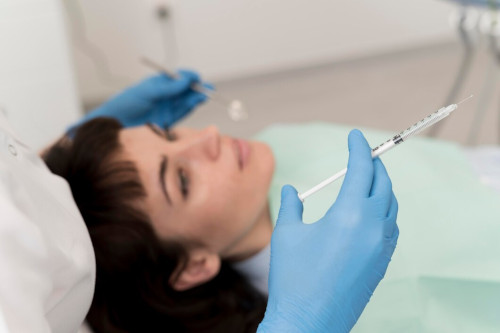
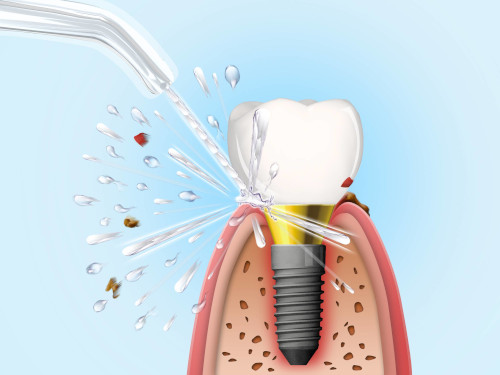
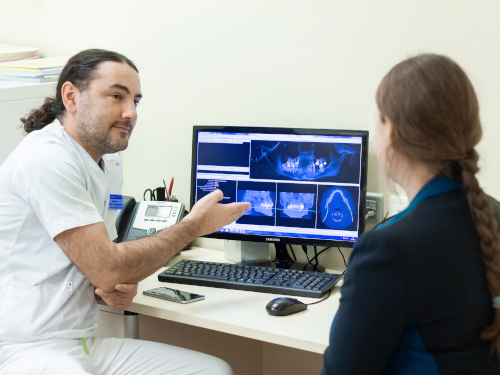
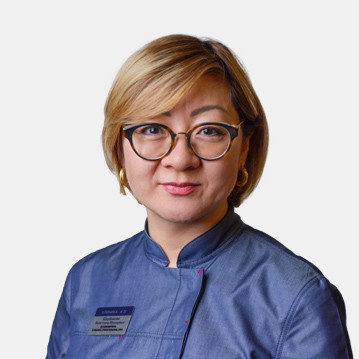
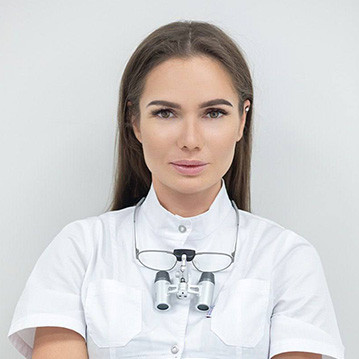
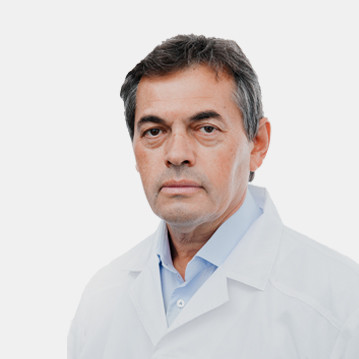
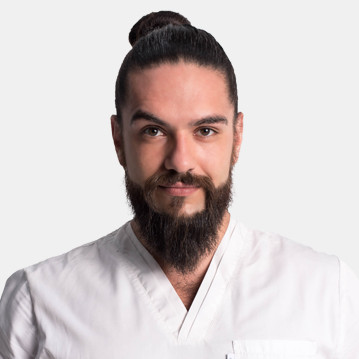
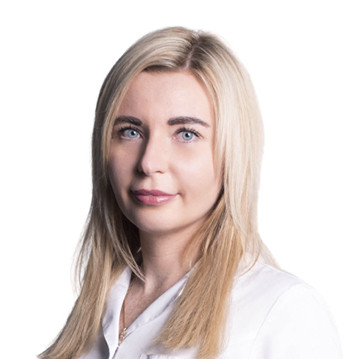
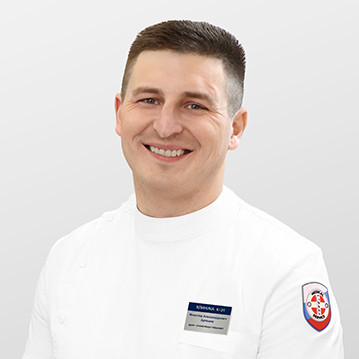
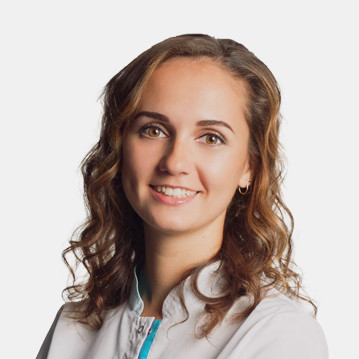
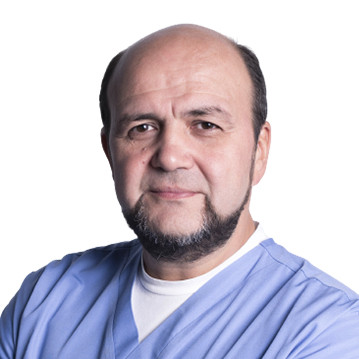

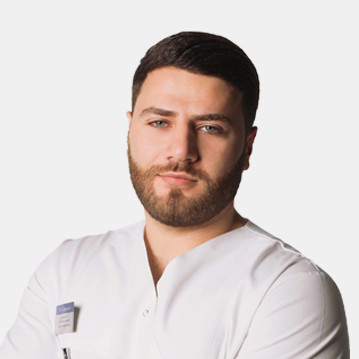

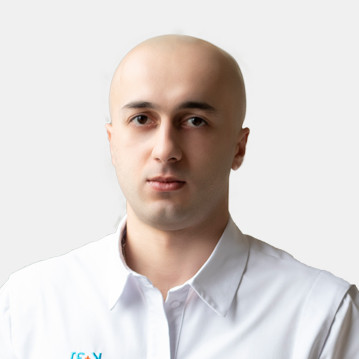
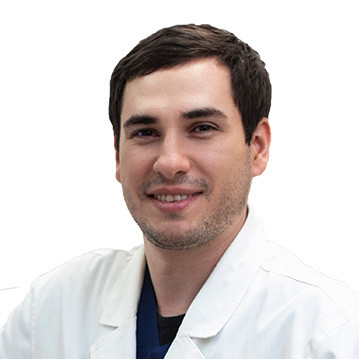

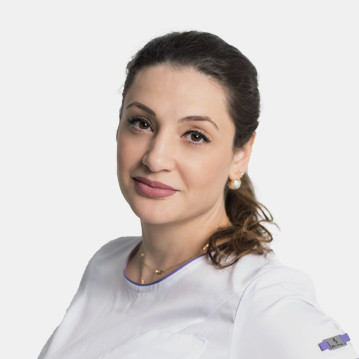
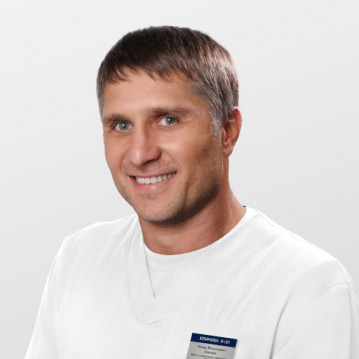
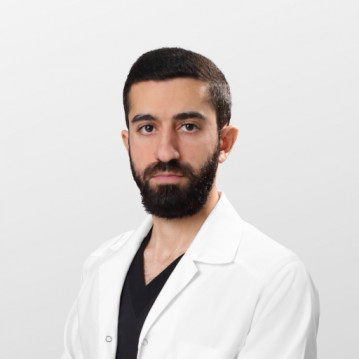
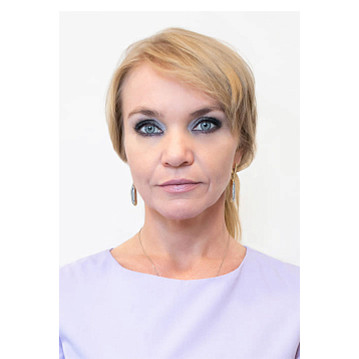

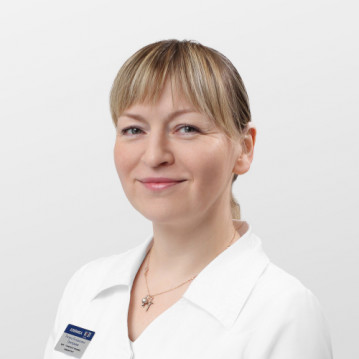
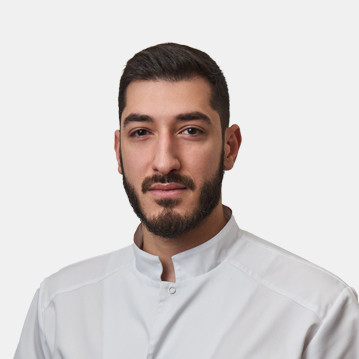
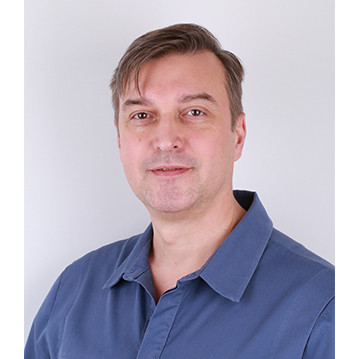

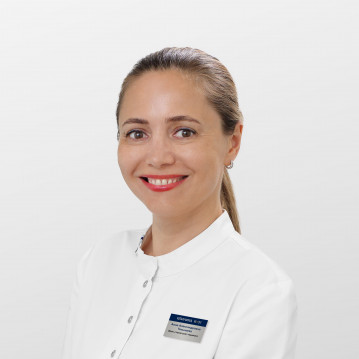
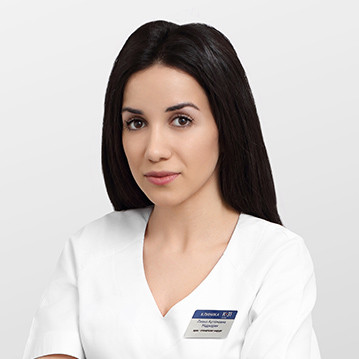
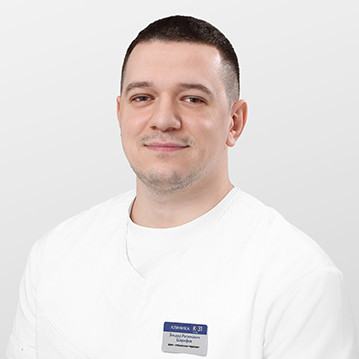
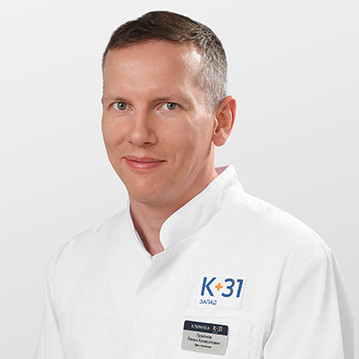
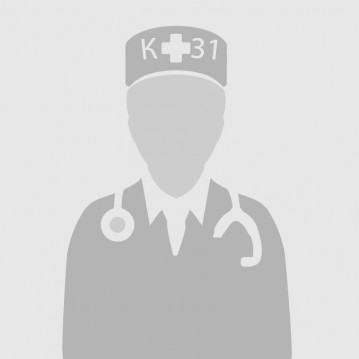
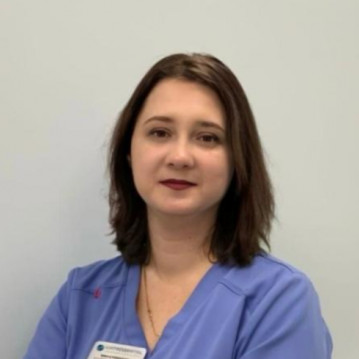
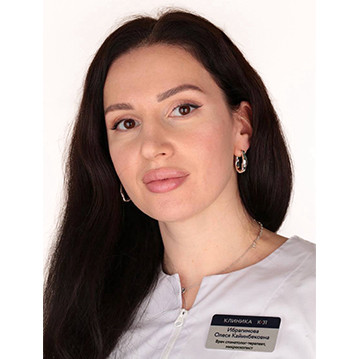
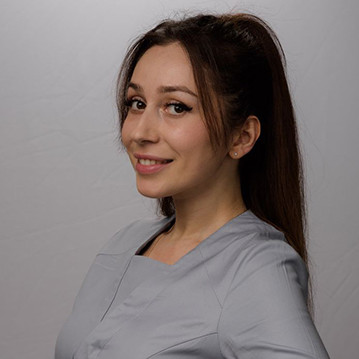

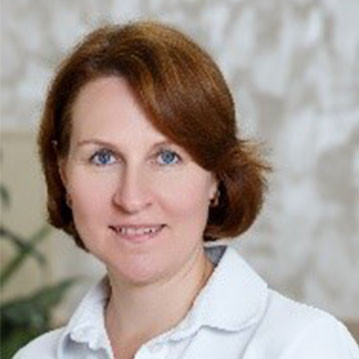
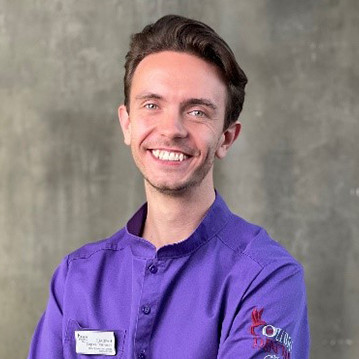
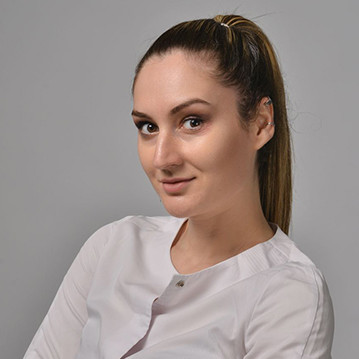

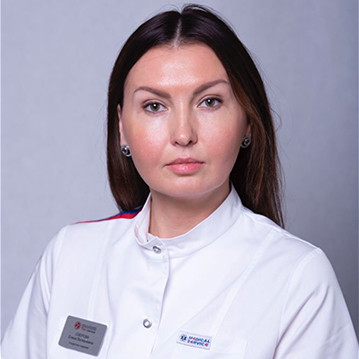

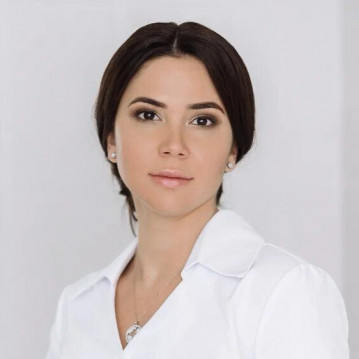







What to consider when choosing implants
When choosing an implant, the anatomical features of the jaw, the volume and quality of bone tissue, as well as the condition of the patient’s gums are taken into account. High quality titanium is often used to make implants. It can be pure with a minimum of impurities or reinforced with vanadium and aluminum.
The degree of osseointegration is also important – the ability of the implant to fuse with bone tissue. It is ensured by technological processing of the material, during which a rough surface is created for better adhesion to the bone. In addition, special biocompatible substances are applied to the implants, which stimulate bone tissue growth. This treatment increases the chances of successful fusion of the implant with the bone and its durability.